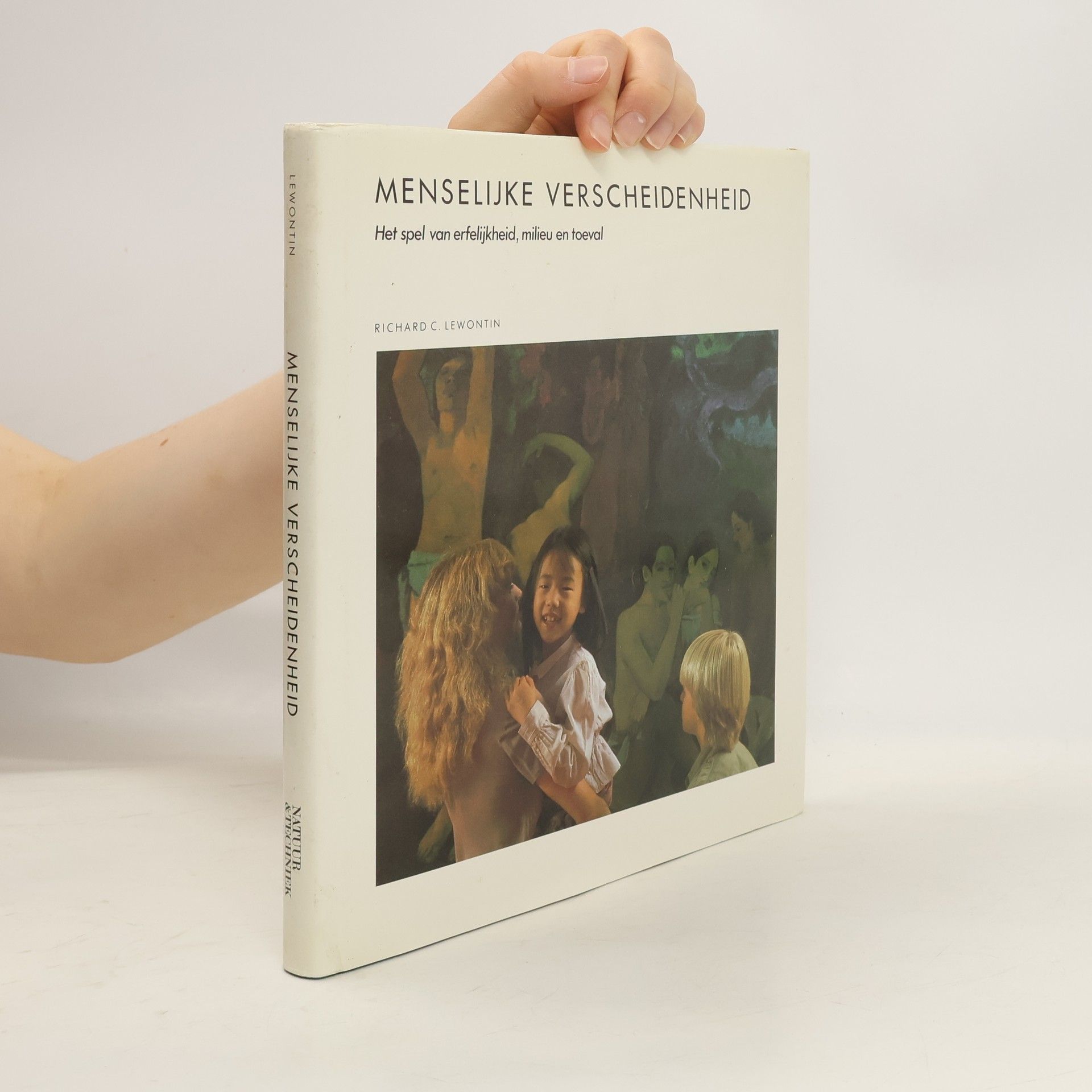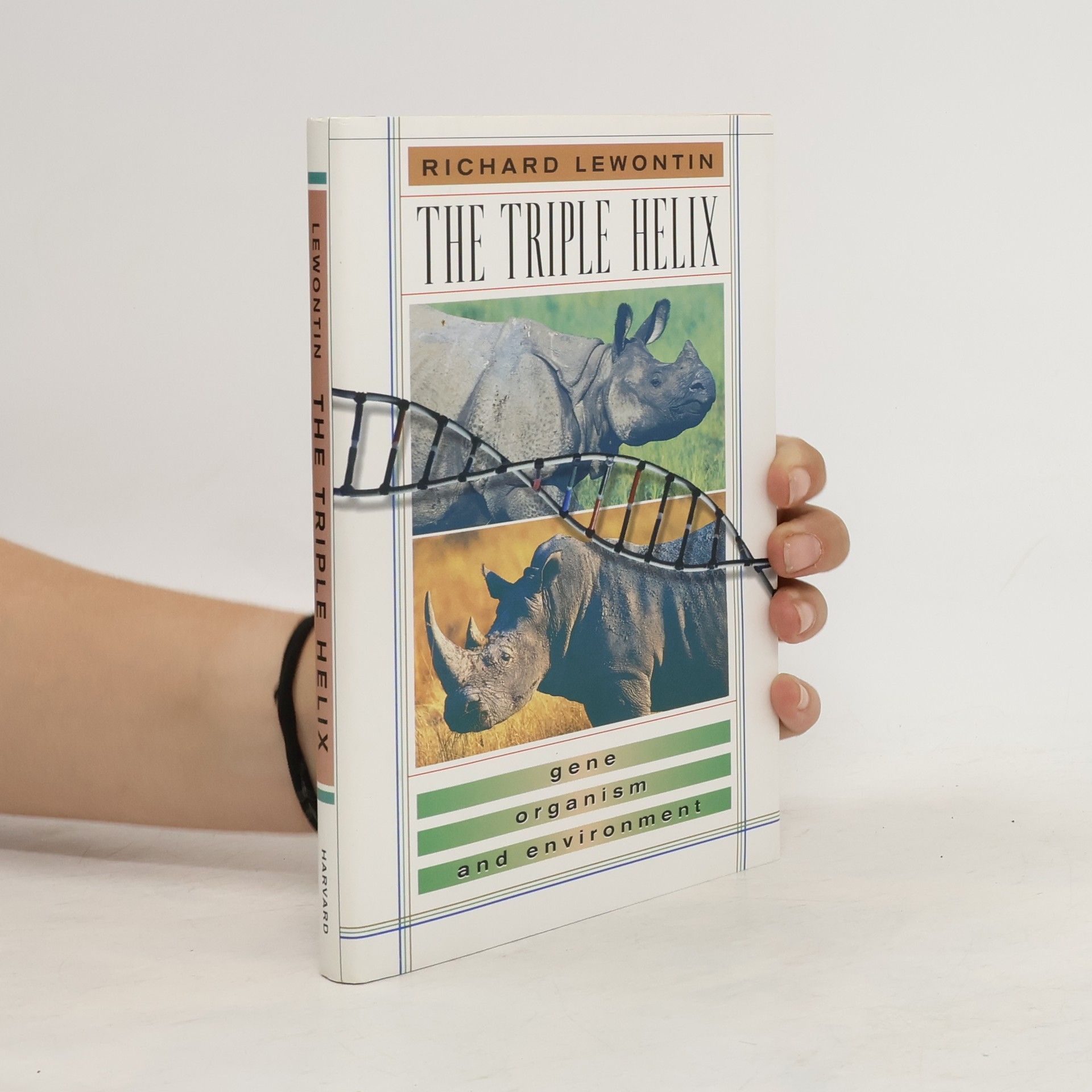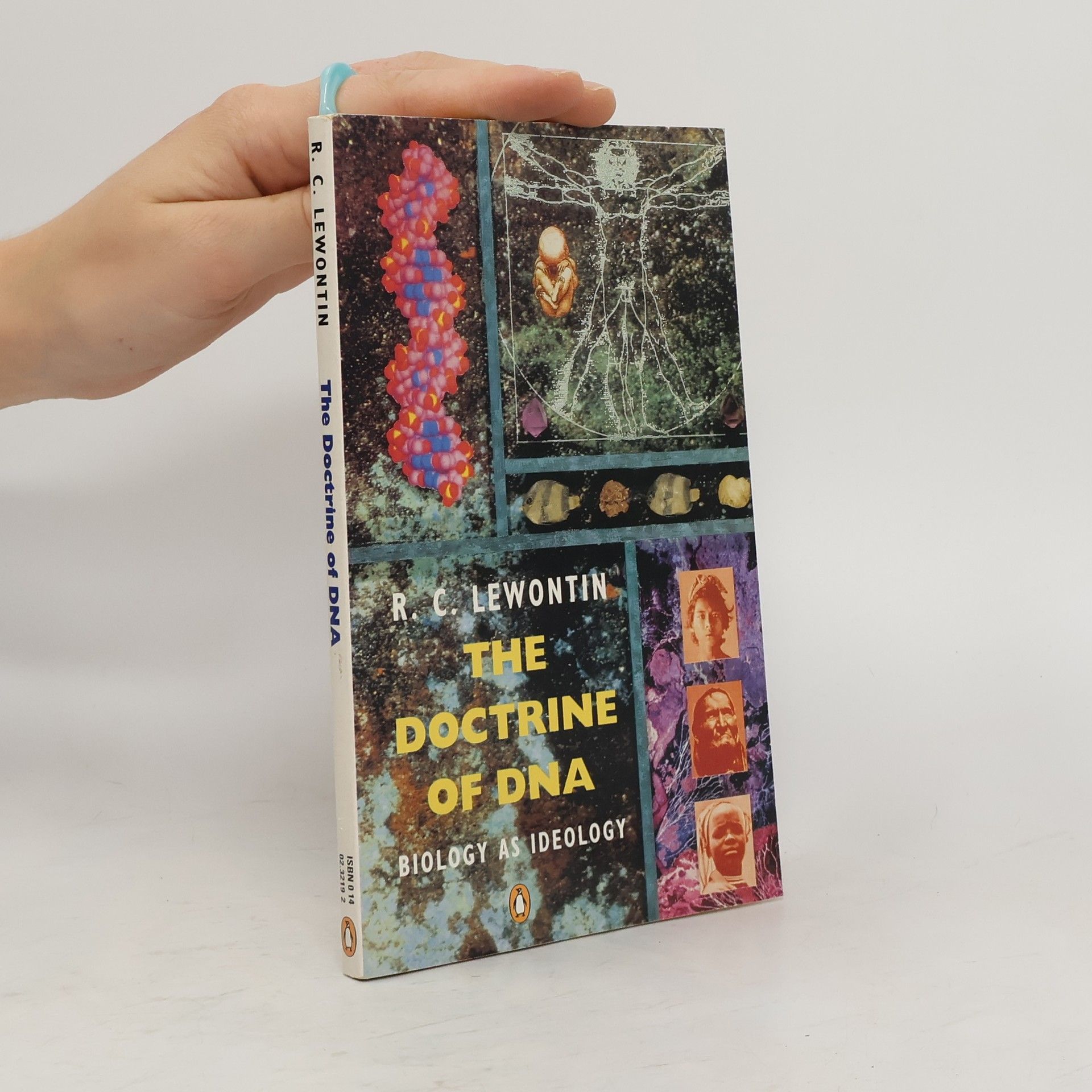The Doctrine of DNA
- 144 stránek
- 6 hodin čtení
This book, the latest in the continuing debate between the genetic reductionists (such as Richard Dawkins, John Maynard Smith and E.O. Wilson) and those who argue for a rather more complex relationship between genes and the environment (such as Stephen Jay Gould, Steven Rose and Niles Eldredge). Lewontin is a forceful writer and this is an effective statement of the case against the selfish gene.






